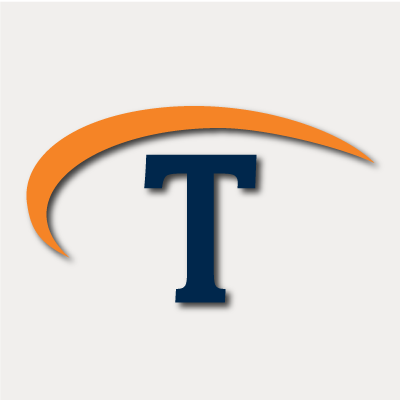Security underpins everything in IT — or it should. For years, however, security existed in a separate silo from software development and IT operations. The DevSecOps model seeks to remedy that.
The DevSecOps model is designed to integrate security into DevOps practices. It gives security specialists a seat at the table, fostering better communication and collaboration with developers and operations teams. It also helps ensure that security is integrated into every aspect of software development and production. Ultimately, it helps build a culture that embeds security in the DevOps mindset.
DevSecOps is hardly a new concept, but many organizations are still struggling to take full advantage of it. In a recent global study of IT decision-makers, 45 percent of respondents said it took up to a year to derive quantifiable benefits from DevSecOps. Almost a third (31 percent) said it took more than a year. This made it difficult to gain executive buy-in and funding for DevSecOps initiatives.
Automated software testing tools can help organizations accelerate the ROI of DevSecOps. These tools quickly identify security vulnerabilities in code so that developers can fix them without delaying software release timelines.
Automated Software Testing Tools
Competing priorities can stymie DevSecOps initiatives. Accelerated application delivery is a primary driver of DevSecOps adoption. Security threats are a key concern but a secondary priority. This can lead to tension between security specialists and developers. In a recent AppDynamics survey, 79 percent of IT professionals said application security is a priority, but 55 percent said security inhibits innovation.
Automation helps overcome this tension by streamlining the software testing process. It starts by embedding static code analysis in the DevOps toolchain. Also called static application security testing (SAST), this process analyzes the source code and identifies any bugs or weaknesses that could create vulnerabilities. It should be performed during the “code” phase of the DevOps lifecycle so that developers can fix problems early in the development process.
While static code analysis looks at source code, dynamic code analysis tests running applications. Also called dynamic application security testing (DAST), this process simulates malicious attacks on the application to see how it responds. As a result, DAST tools can identify vulnerabilities that cannot be detected in source code. It should be performed during the “testing” phase of the DevOps lifecycle.
It’s also important to implement security testing in the “deploy” phase. Runtime testing looks for configuration errors and other runtime problems that could point to vulnerabilities. Once the application is live in the production environment, DevSecOps teams must monitor for signs of attack. Runtime Application Self Protection (RASP) tools automatically identify and block threats in real time.
Overcoming the IT Skills Gap
Automated testing tools can also reduce developer stress and burnout. Not so long ago, developers released updates a few times a year. Today, 38 percent of organizations deploy code daily, and 17 percent multiple times per day. Not surprisingly, 75 percent of respondents reported high levels of developer turnover. The chronic shortage of IT professionals, particularly in security, adds to the pressure. Automation eliminates most of the tedious, manual work involved in security testing.
The IT skills shortage is also impacting DevSecOps initiatives, so it makes sense to partner with experienced consultants and engineers. Technologent has extensive expertise in the integration of automated software testing tools in the DevOps toolchain. In fact, DevSecOps is a foundational element of our cybersecurity framework. Our team can help you select the right tools and develop efficient workflows that optimize both security and application delivery.

July 21, 2023
Comments